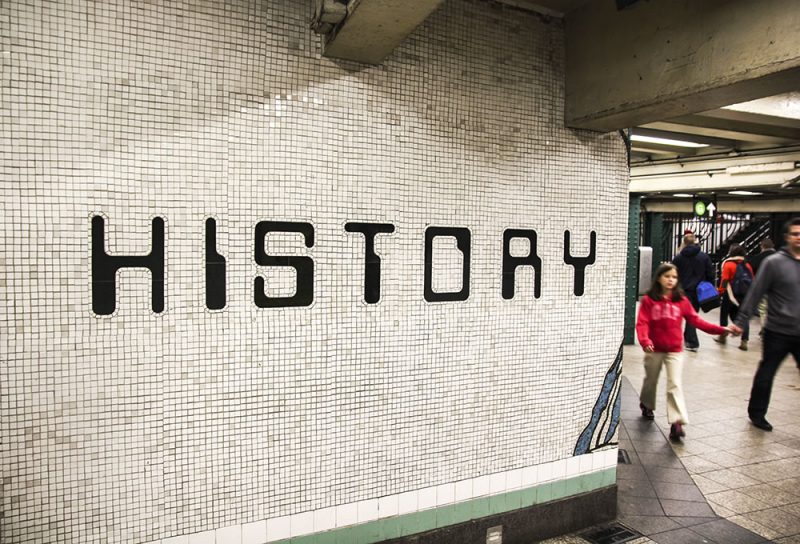How historians work
01 February 2017 – Cathy Stanton

“History” Photo credit Blacren
Historians often remark that we need to do a better job of letting others in on the ways we explore and understand the past. (That was the impetus for a thought-provoking series from The Public Historian and History@Work a couple of years ago.) In a time when “alternate facts,” outright fabrications, and diametrically opposed versions of reality shape the American political landscape as perhaps seldom before, that task seems all the more urgent. And so we’re happy to introduce a new feature on the National Council on Public History website: “How Historians Work,” a brief and—we hope—accessible overview of some of the core practices and assumptions that guide us.
The feature sidesteps the long-running debate over the differences and similarities between history done in academic settings and more public ones. Instead, it focuses on what all historians share: a commitment to certain ways of seeking and assessing evidence, an acceptance of historical inquiry as inherently interpretive, and an awareness that there can be multiple ways of interpreting the past—but only up to a point.
Public historians routinely confront differing and changing visions about what history means, and the examples included “How Historians Work” reflect this dynamic, participatory quality of public history. The examples are also drawn from work done in the past couple of decades by US federal government agencies: the Library of Congress, the National Museum of American History, and the National Park Service.
There’s much more to public history than large governmental entities, and certainly much more than what’s happening in the US. But at the present moment, when administration officials have already toyed with demanding that scientific research on climate change be removed from the Environmental Protection Agency’s website and front-line park rangers are emerging as surprising figures of resistance to the direction that the new administration is headed, we want to highlight the careful, rigorous, sometimes even courageous work that historical researchers, managers, and interpreters do in many areas of the US federal government.
Explaining how we work feels like a useful task—but defending it seems even more important at present.
~ Cathy Stanton is a senior lecturer in Anthropology at Tufts University and digital media editor for the National Council on Public History.



